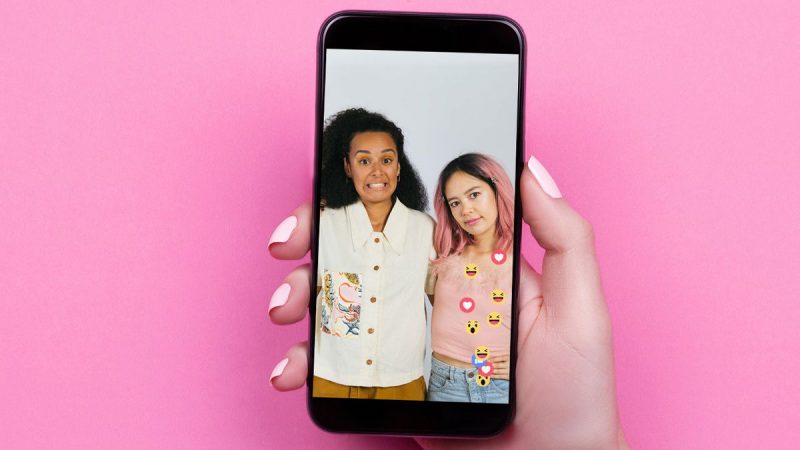Content: How the ABC engineered a viral success with a show about going viral
Going viral can be a great result in marketing, not always a good thing in your personal life, and sometimes a good launchpad for content – depending on the response. Mumbrella’s Hannah Blackiston speaks with Ludo Studio’s Daley Pearson and ABC’s Que Minh Luu about Content, their new vertical made-for-mobile show which managed to go viral with its first episode.
My inbox is often full with TV shows/ podcasts/ books/ magazines launching. Any media launch, I’ve got a press release about it. Which is why unless it’s something massive (or something destined to fail) they sometimes don’t get the airtime they deserve.
Content, the new made-for-mobile comedy created by Ludo Studio and developed and produced in association with the ABC, was one of those releases. It sat in my inbox, and I meant to get to it. But then I spotted it online elsewhere, because it was going viral. Damn it!

Content is primed for mobile viewing and has tricked the internet with its realistic effects and filming techniques
“We had hopes when we planned it, but you never know. We had thrown a lot into the screaming void of the internet and it spat a couple back. But we did, we put a lot in there, and it’s probably for 100 things in there, one came back. So there was a bit of design to it but it’s still… is it luck when you work hard?” Daley Pearson is the co-founder of Ludo Studio and a director on Content, and he’s delighted with how well the show has been received.


Have seen the first two eps – it’s cute and fun and engaging, everything it’s supposed to be!